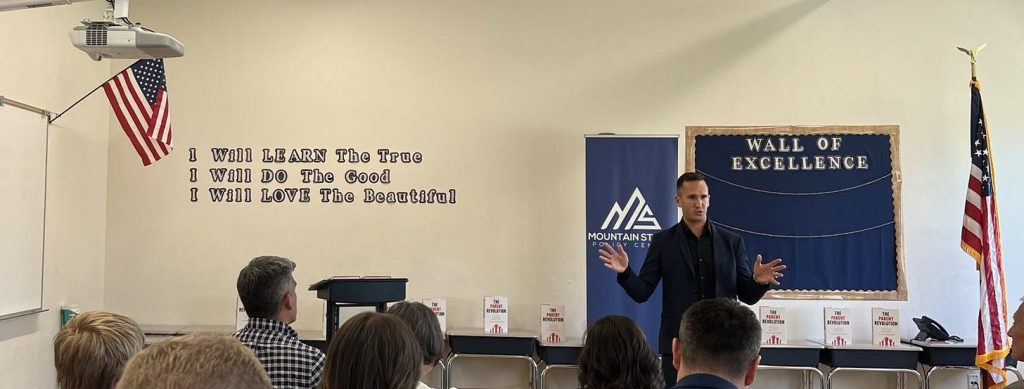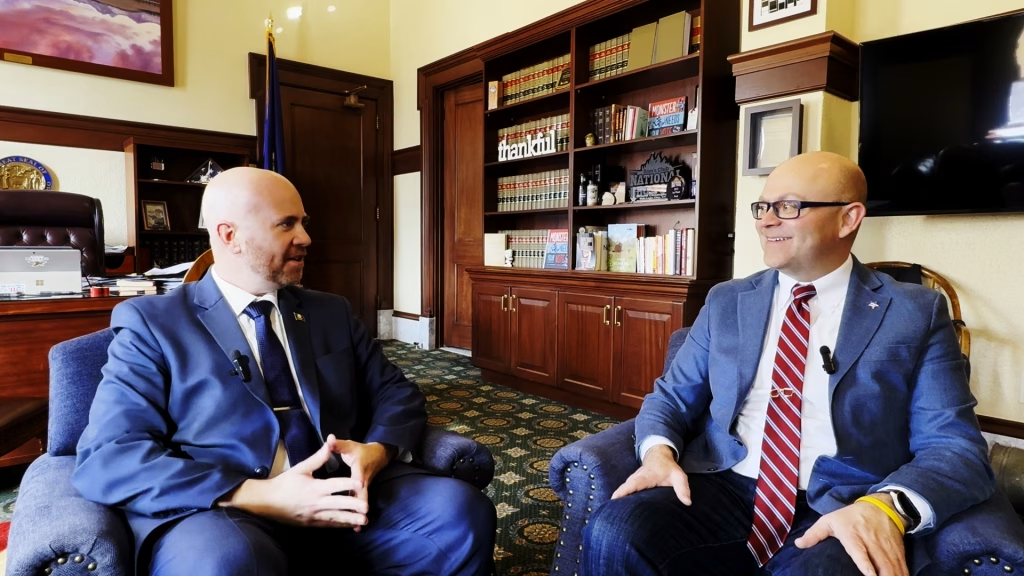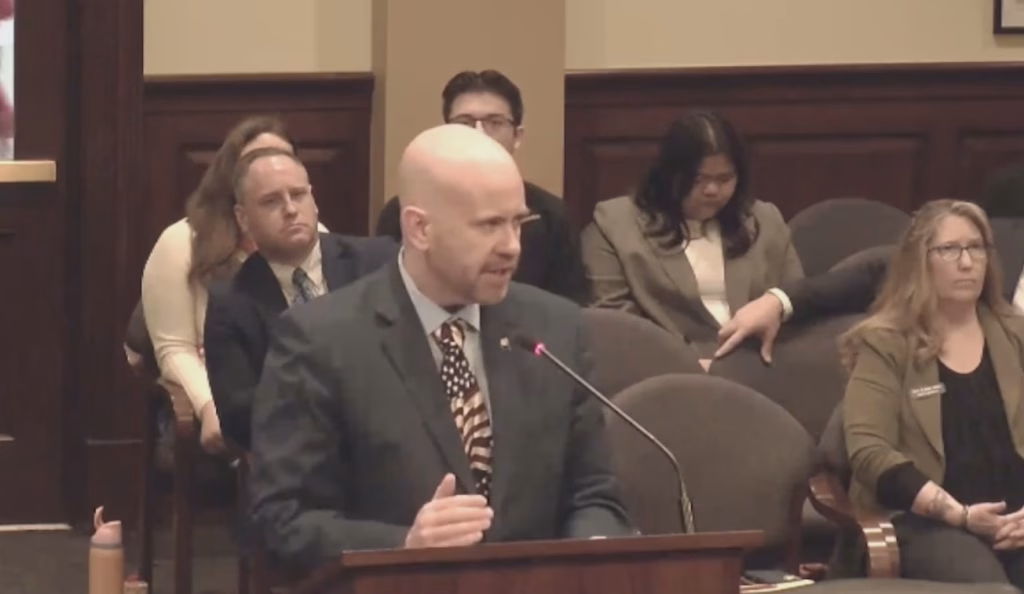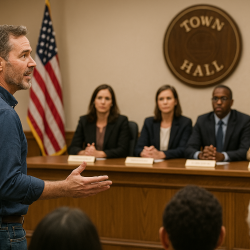Universal school choice is sweeping the nation. Parents and families looking for more flexibility than what the traditional public school system offers are pressuring state legislatures to allow them to put their own tax dollars toward alternative ideas. In addition to homeschooling, private schools, and charter schools, the last few years have seen the rise of microschools and hybrid solutions.
Idaho has fallen behind the curve. More than a dozen other states have created systems in which money follows the student rather than remaining locked in the existing system. In 2023, Sens. Tammy Nichols and Brian Lenney introduced Senate Bill 1038, which would have created an education savings account (ESA) that parents could tap into to cover schooling costs. It failed 12-23, under pressure from the public school bureaucracies as well as homeschooling organizations who were afraid of what might happen if they started taking government money.
Last year, Rep. Wendy Horman brought House Bill 447 to the Revenue & Taxation Committee. This bill would allow parents to take advantage of a tax credit to cover alternative educational costs. Unfortunately, it was defeated in committee when an attempt by Rep. Jeff Ehlers to send it to the floor without recommendation failed 8-9.

While other red states have already passed universal school choice, Idaho could not even get a small tax credit bill out of committee. However, last month’s primary elections changed the game. Reps. Kenny Wroten and Melissa Durrant, who opposed H447 in committee, were both defeated by pro school choice candidates. Rep. Julie Yamamoto, a fierce opponent of school choice who has used her position as chair of the House Education Committee to protect the current system, lost by double digits, as did Rep. Greg Lanting, another opponent of school choice on that committee. Finally, Sens. Chuck Winder, Geoff Schroeder, and Linda Hartgen, who opposed S1038 in 2023, lost as well.
Most of the incoming legislators support some form of money following the student. I made the trek to Fruitland last night to hear from national school choice evangelist Corey DeAngelis at an event sponsored by Mountain States Policy Center. DeAngelis shared the huge successes of the school choice movement, including the defeat of 14 out of 21 legislators who voted against it in Texas earlier this year.

I was pleased to see several incumbent legislators as well as incoming freshman at the event, held in the Treasure Valley Classical Academy. DeAngelis gave cogent responses to each of the excuses that are regularly brought up by the public education establishment, such as an alleged lack of accountability, the feared dismantling of public schools, and what to do with rural schools and special needs students. He also dismissed claims that Arizona’s ESA plan is bankrupting the state by pointing out that it was still costing less than it would to educate the same number of students in the public school system.
So what can we expect to see in the 2025 legislative session? One person I talked to suggest that a tax credit is a done deal, but wondered if they might not be able to go even further and bring back an ESA bill. The advantage of an ESA over a tax credit is that the money is available right away, as opposed to waiting a year for a refund. We have seen that the public school establishment will make all the same arguments no matter what plan is put forward (read through my live tweets of the debate over H447 to see what I mean), so I believe that conservative Republicans should work together now to craft a really great bill that’s ready to go on day one next January.
I would like to see the homeschooling advocates who have been worried about any form of government assistance get on board as well. Retreating won’t save homeschooling forever; if the current system is not reformed soon then we could end up with an electorate in the next few decades that will see no problem abolishing homeschooling entirely. On the other hand, assisting parents who want to homeschool, or perhaps create homeschool pods or microschools with other families, will result in a more well rounded electorate in the future, one more in touch with traditional values.
The homeschooling community needs to come to the negotiating table in good faith so as to have their concerns addressed in whatever legislation comes out of the discussion.
As we approach the quarter mark of the 21st century, there is no reason to be constrained by a system developed in the 19th. The public school system is not irredeemable, but like all aging bureaucracies it is zealously defended by beneficiaries who fear any reform. Yet reform is desperately needed. Student achievement remains flat (and far too low) despite ever-increasing spending. Bonds and levies continue to go up while enrollment continues to drop. Administrative bloat is out of control, as more and more full time employees are dedicated to the system rather than directly involved in the classroom.
Now is the time to be brainstorming ideas. Let’s look at what other states have done and figure out what could work here. If you have ideas or concerns, the time to call your legislators (or potential legislators) is now, because I have a feeling they’re going to hit the ground running in 2025.
Paid subscribers, click over to Substack to read a bonus note. Subscribe for free to receive daily emails or support my work here.
About Brian Almon
Brian Almon is the Editor of the Gem State Chronicle. He also serves as Chairman of the District 14 Republican Party and is a trustee of the Eagle Public Library Board. He lives with his wife and five children in Eagle.













